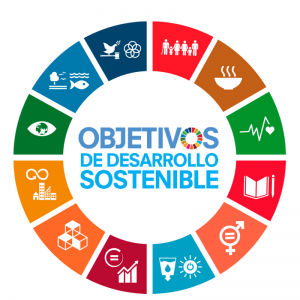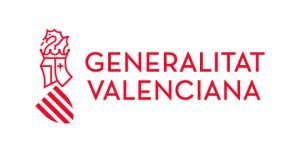UMH cooperation project advances research on the prevalence of multiple chemical sensitivity (MCS) on groups of workers
Agenda 2030, COOPERACIÓN Y VOLUNTARIADO, ods, Proyectos Cooperación al Desarrollo
convenio 2020, Proyectos de investigación
27 April 2022
 The Miguel Hernández University of Elche research project, “Adaptation of Jobs for People with Reduced Functionality (MCS Adapts),” aims to examine the prevalence of multiple chemical sensitivity (MCS) in different groups of workers, develop guidelines for adapting jobs based on the analysis of frequent conditions, as well as develop formal plans for employees of human resources units. The interest in MCS is in response to its growing incidence and repercussion on our society, as it is estimated that 5% of the population might be affected by more or less severe types of this pathology.
The Miguel Hernández University of Elche research project, “Adaptation of Jobs for People with Reduced Functionality (MCS Adapts),” aims to examine the prevalence of multiple chemical sensitivity (MCS) in different groups of workers, develop guidelines for adapting jobs based on the analysis of frequent conditions, as well as develop formal plans for employees of human resources units. The interest in MCS is in response to its growing incidence and repercussion on our society, as it is estimated that 5% of the population might be affected by more or less severe types of this pathology.
This project began on September 30, 2021, and since that time, several meetings have been held over multiple channels of communication to lay the foundations between the people and institutions that are part of the project. Participants from the UMH include associate professor and project coordinator, Ángel Solanes Puchol; in addition to researchers, Beatriz Martín del Río, Juan Pérez Crespo, Rafael Lobato Cañón, Yordhana Gómez Sánchez, plus Inmaculada Pons Ferrández. Collaborators from the University of Carabobo (Venezuela) include professors and researchers Benito Hamidian, Dalia Josefina Correa, and Paola Lamenta.
In addition to the meetings, a survey on multiple chemical sensitivity was created for and given to gardeners, and an analysis of the variables was completed on the sampling for inclusion in the job adaptation questionnaire. Now, an application is being developed and details are being finalized to begin the training process.
People diagnosed with MCS suffer a range of symptoms related to exposure to various chemical products in very low doses that interfere with their daily and work life. These often mean that job adaptation, reinsertion, or relocation does not take place, forcing the affected person to leave the job, thus depriving them of the income received from it. This way, the study seeks to facilitate ways to avoid falling into poverty through access to adapted, fulltime and inclusive positions, in accordance to the person’s abilities; improve the health and well-being of workers; and reduce the gender gap. What’s more, including Venezuelan populations that are affected by MCS and technicians alike facilitates access to quality education, in addition to contributing to reducing inequalities and forging alliances. This way it strives to promote the Sustainable Development Goals 1, 3, 4, 8, 10, and 17.
This project was selected in the call for international research projects from a 2020 agreement to fulfill the Sustainable Development Goals of the United Nations 2030 Agenda, which was announced by the UMH and funded by the Generalitat Valenciana.


